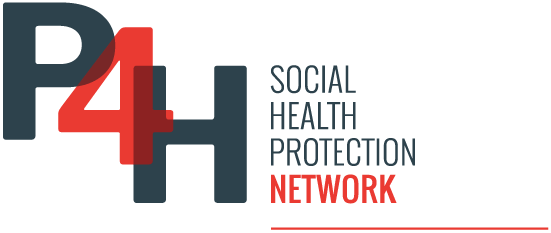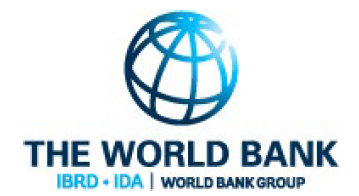
Financement 20M$ Banque Mondiale pour le secteur Santé (Avril 2020)
Le communiqué de presse (2 avril 2020) : https://www.banquemondiale.org/fr/news/press-release/2020/04/01/world-bank-approves-us20-million-grant-to-support-covid-19-response-in-haiti Le Document de Projet :...
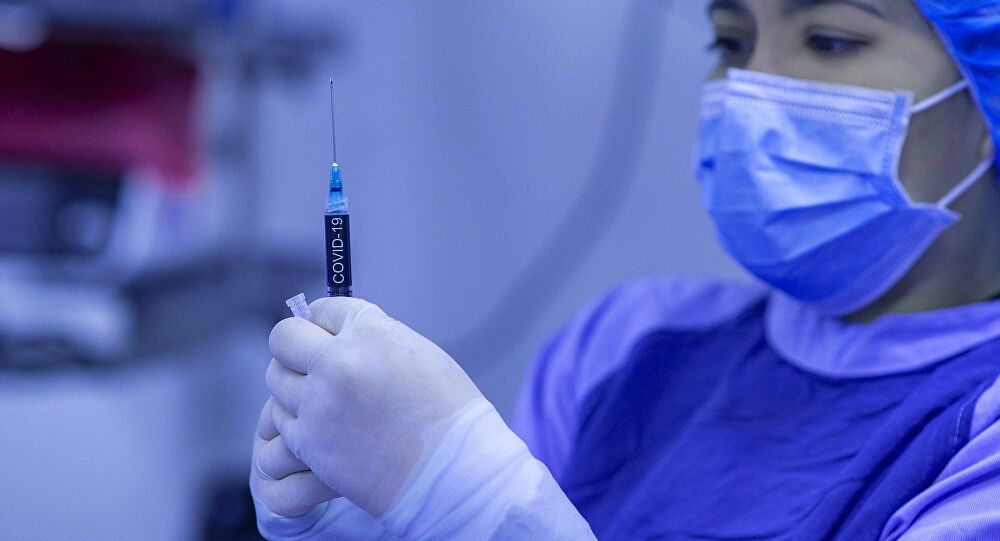
100 million to finance the acquisition of Covid vaccines in Tunisia
In a joint statement, WHO and UNICEF announce that to date (10/02/2021), almost 130 countries, representing 2.5 billion people, have not yet administered a single dose. Tunisia is on its way out of this hole with a loan of several tens of millions of...
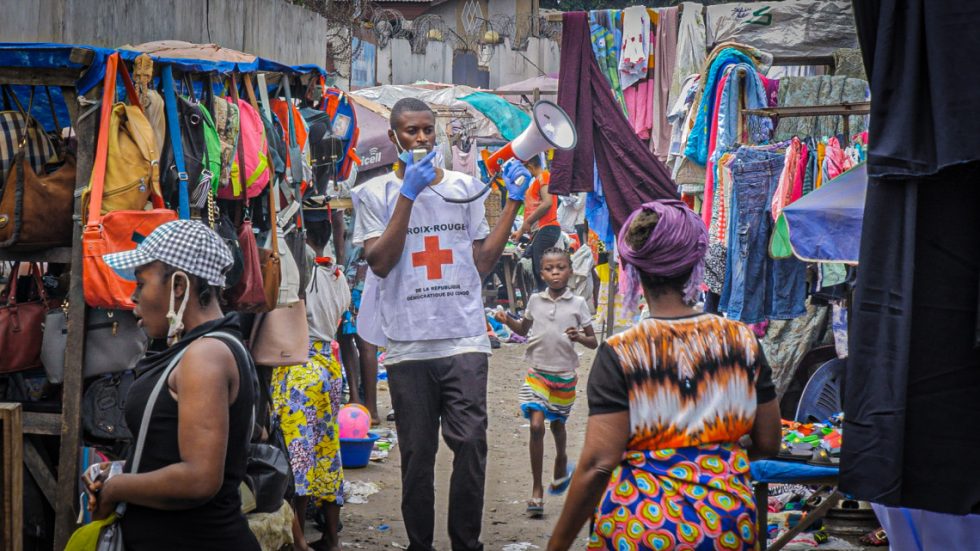
Congolese civil society in the fight against Covid19
A civil society mini-dialogue opened on April 27 in Pointe-Noire on the identification of needs for the fight against Covid19. According to the departmental health directorate, this workshop marks the start of the process of drawing up the grant needed to...
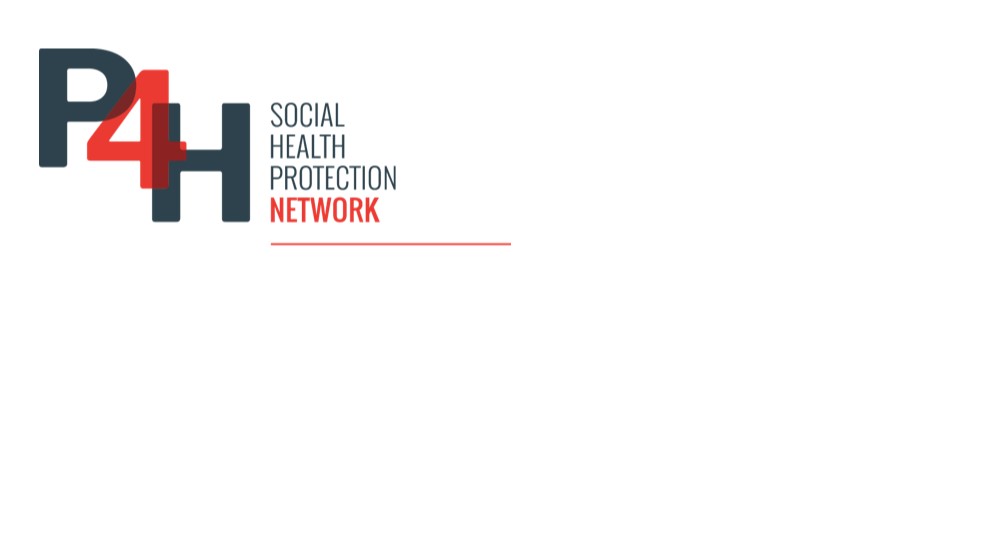
P4H is looking for a P4H Anglophone Africa Platform Contributor
The consultant will contribute to: - the quality and content of Anglophone Africa country page news and events; - collaborations with Malawi and South Africa; - and promoting increasing membership to the digital platform including external submissions. The...
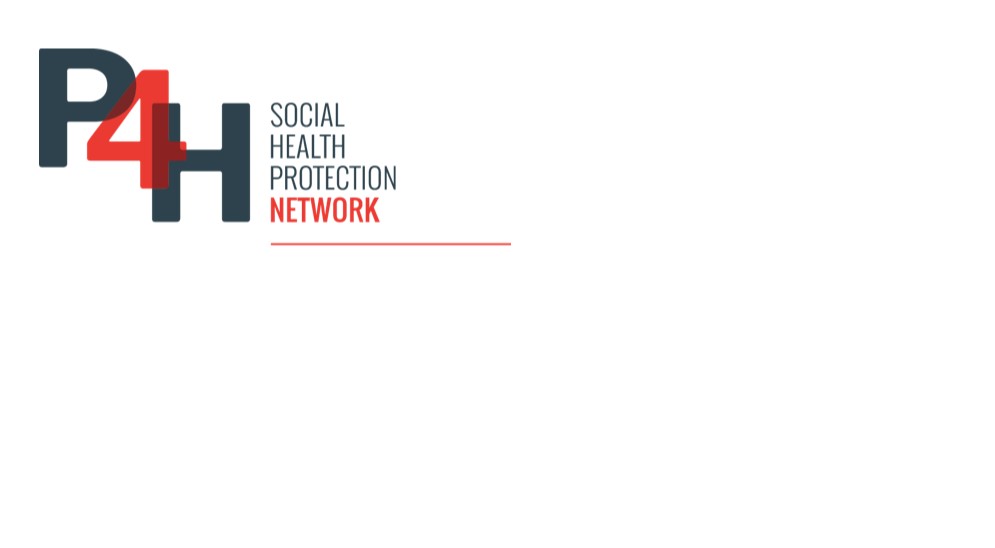
P4H is looking for a Consultant – Health systems financing, social health protection, political economy and partnership collaboration
P4H is looking for a Consultant - Health systems financing, social health protection, political economy and partnership collaboration to apply online: here Deadline: January 26th, 2022
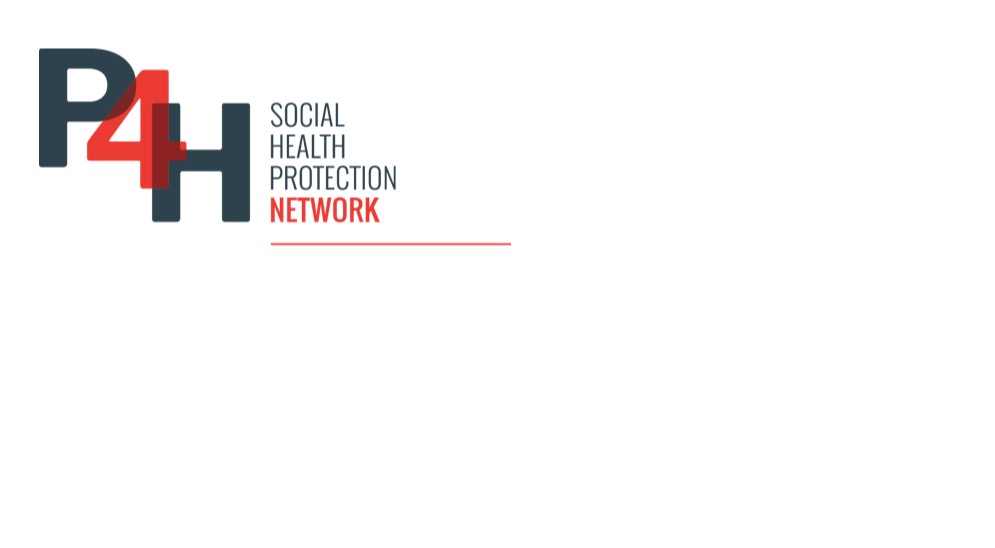
P4H Network is looking for a global event agency for the Leadership for UHC (L4UHC) program and other ad-hoc global event management services
This is to inform you that WHO published, on 29 April 2022 a Request for Proposals (RFP): "P4H Network is looking for a global event agency for the Leadership for UHC (L4UHC) program and other ad-hoc global event management services" [Reference:...

How the global Pandemic Fund can live up to its great potential | Opinion
Projects to be financed by the first round of funding will prioritize strengthening comprehensive disease surveillance and early warning, laboratory systems, and human resources/public health workforce capacity.Type or paste here your text
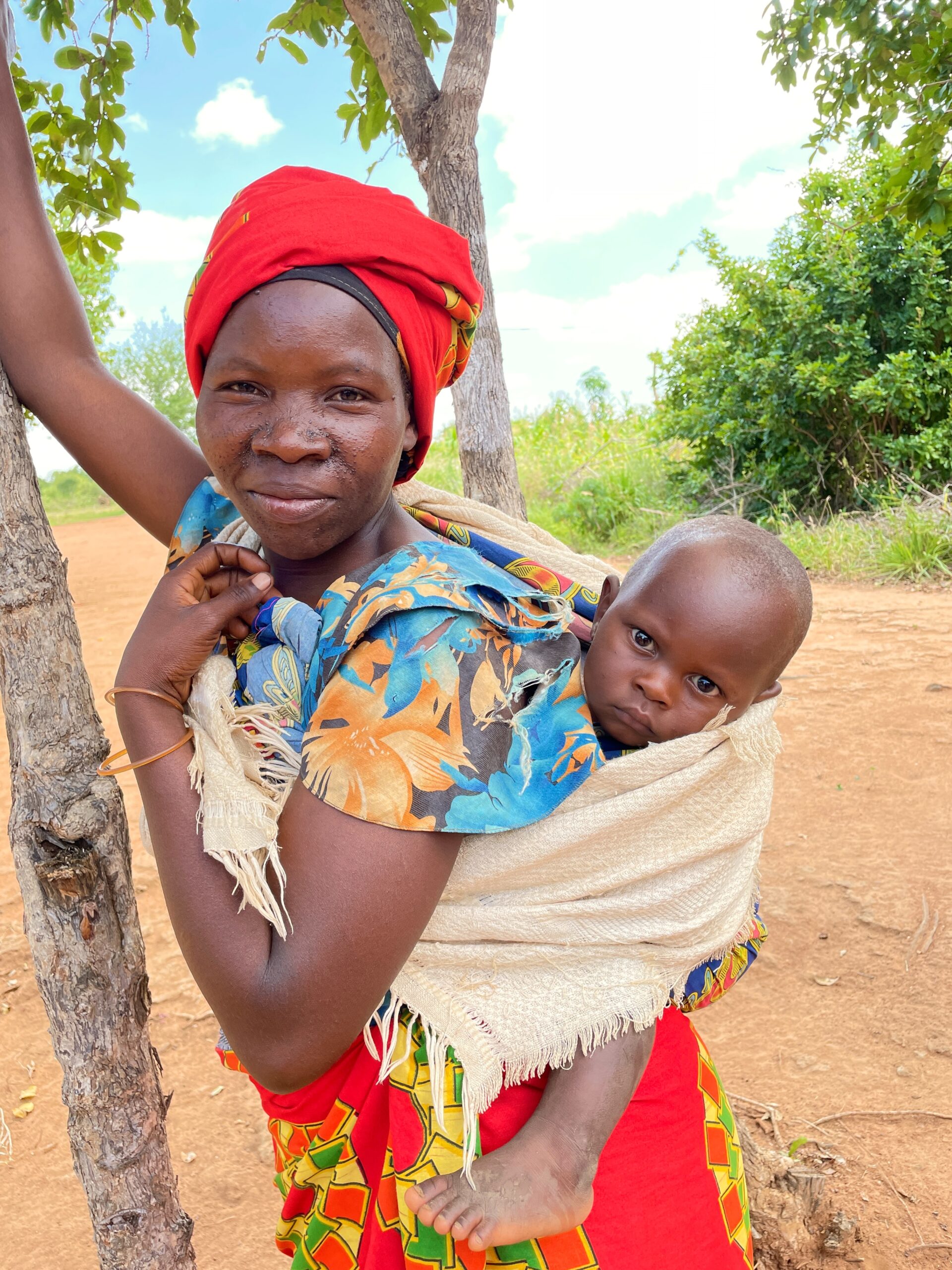
Nairobi county to expand health insurance coverage to over 200,000 vulnerable households in partnership with NHIF
The Nairobi county plans to launch a health insurance scheme for underprivileged households in the city, starting with 232,000 households. This initiative aims to provide access to healthcare for vulnerable residents and will be implemented in partnerships with the...
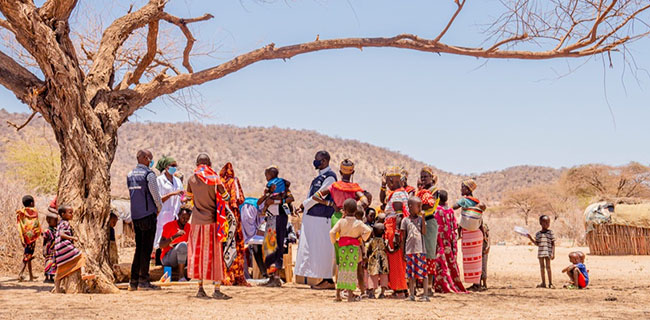
Preparing for the UN High-level meetings 2023 and achieving Health for All
As per the resolution A/RES/74/2 adopted by the UN General Assembly in 2019, the high-level meeting (HLM) on universal health coverage will be held in New York in 2023. The aim is to accelerate progress towards the achievement of universal health coverage by 2030In...
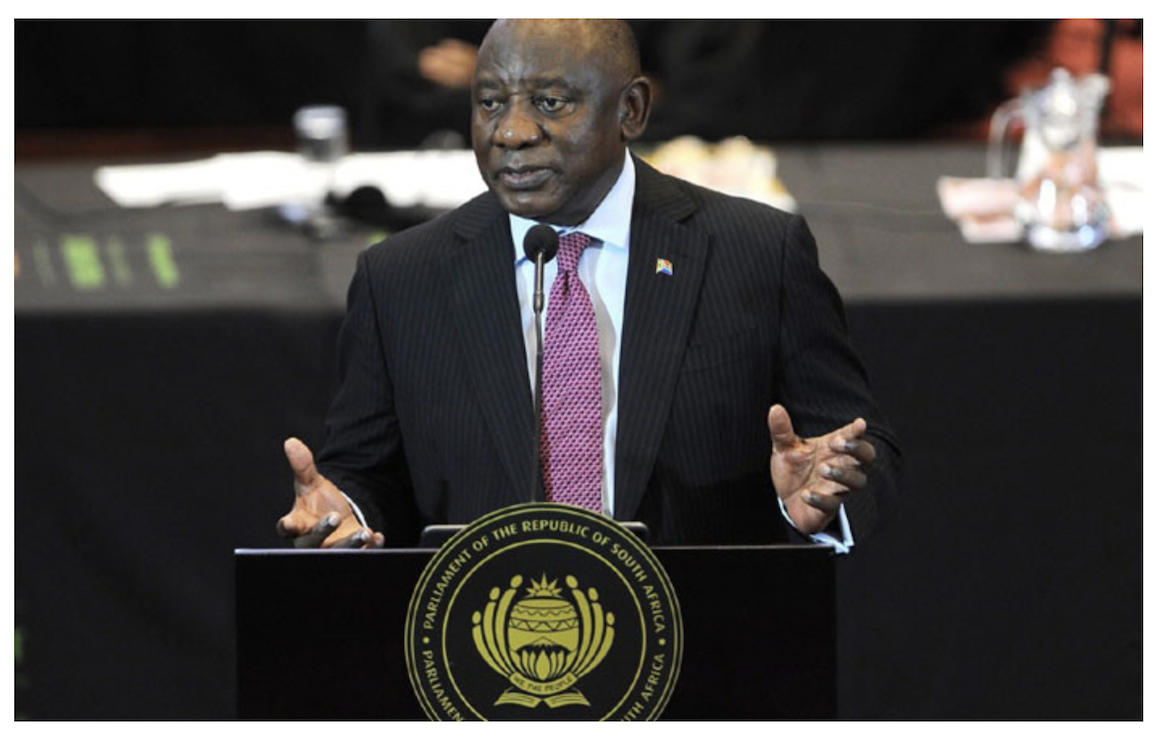
South Africa intensifying efforts to implement NHI, says Ramaphosa.
President Ramaphosa reaffirms commitment to improving healthcare in South Africa by endorsing the implementation of the NHI. Efforts include enhancing clinic quality and providing superior care for all citizens, regardless of financial capacityPresident Cyril...
2022 progress report on the Global Action Plan
2022 progress report on the Global Action Plan for Healthy Lives and Well-being for All illustrates how the SDG3 GAP is promoting synergies between pandemic responses and efforts. The Report benefits from the long standing in-country interventions of the P4H...

National Health Insurance Fund reassures Kenyans that Linda Mama Program is ongoing
Over 6 million Kenyan mothers have benefitted since 2017 Linda Mama Program launch The National Hospital Insurance Fund (NHIF) has assured Kenyans that the government-funded Linda Mama program whose aim is to reduce maternal and child mortality and alleviate the...
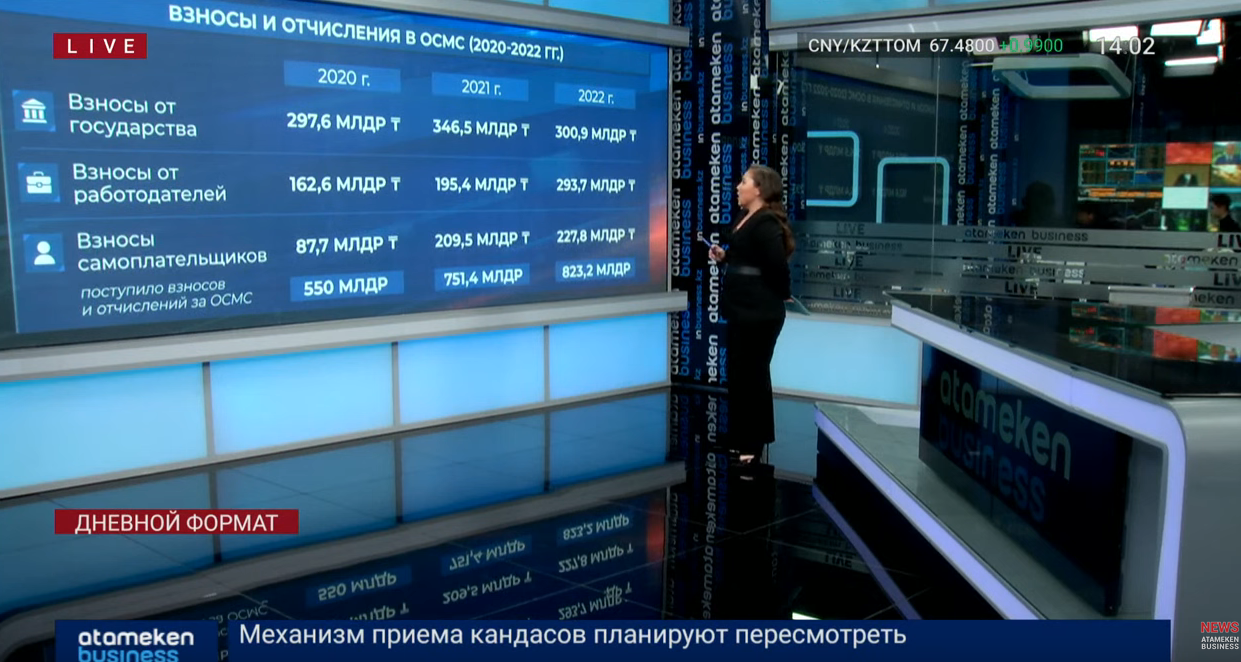
Politicians discuss health financing efficiency in Kazakhstan
Members of Parliament of Kazakhstan are raising the issue of efficiency of health financing in Kazakhstan and what needs to be done to overcome the lack of funding, despite billions of tenge (KZT) being poured into the system. Atameken Business Channel, a recognized...
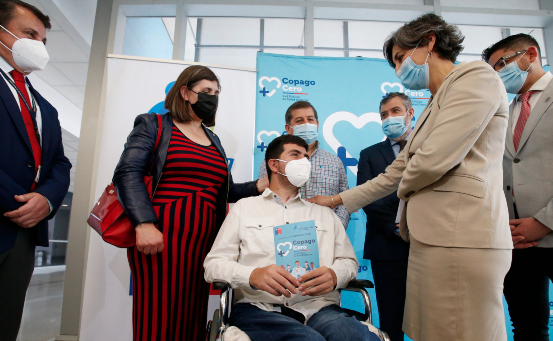
First balance of Copago Cero in Chile: More than US$6 million in savings for all beneficiaries
The implementation of the Zero Copayment for beneficiaries of Chile's National Health Fund (FONASA) resulted in significant financial savings for individuals and their families. The 168,045 people who were treated in a public hospital stopped paying a total of around...
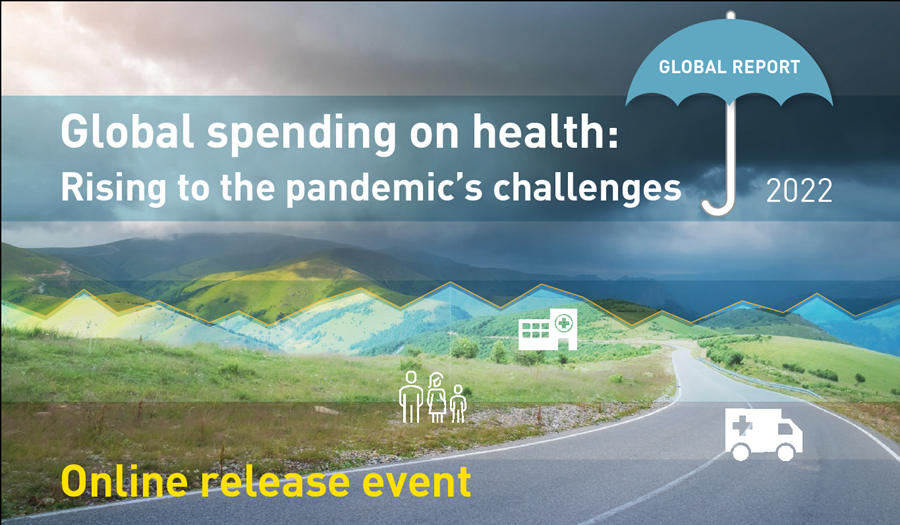
Global spending on health: rising to the pandemic’s challenges – Virtual launch of the 2022 Global Health Expenditure Report
This year’s Global Health Expenditure Report: Rising to the Pandemic's Challenges reveals how health expenditure was impacted during 2020, the first year of the COVID-19 pandemic. The report explores: Whether the health spending patterns by governments, households,...
